|
Tan Wang is an AI Research Scientist at Meta, specializing in video generative modeling, especially for creative and personalized advertising. Tan Wang earned his Ph.D. from Nanyang Technological University (NTU), supervised by Prof. Zhang Hanwang. He also works closely with Prof. Qianru Sun from SMU. During PhD, he interned at Microsoft, Google and Meta. His research interests include but not limit to Generative Model, Causal Inference and Vision & Language. He is a recipient of the Google PhD Fellowship 2022. Before his doctoral studies, He obtained the honoured bachelor degree in Department of EIE from University of Electronic Science and Technology of China (UESTC) in 2020. He was a research assistant at Center for Future Media , supervised by Prof. Xing Xu and Prof. Yang Yang.Email / CV / Google Scholar / Github / Linkedin |
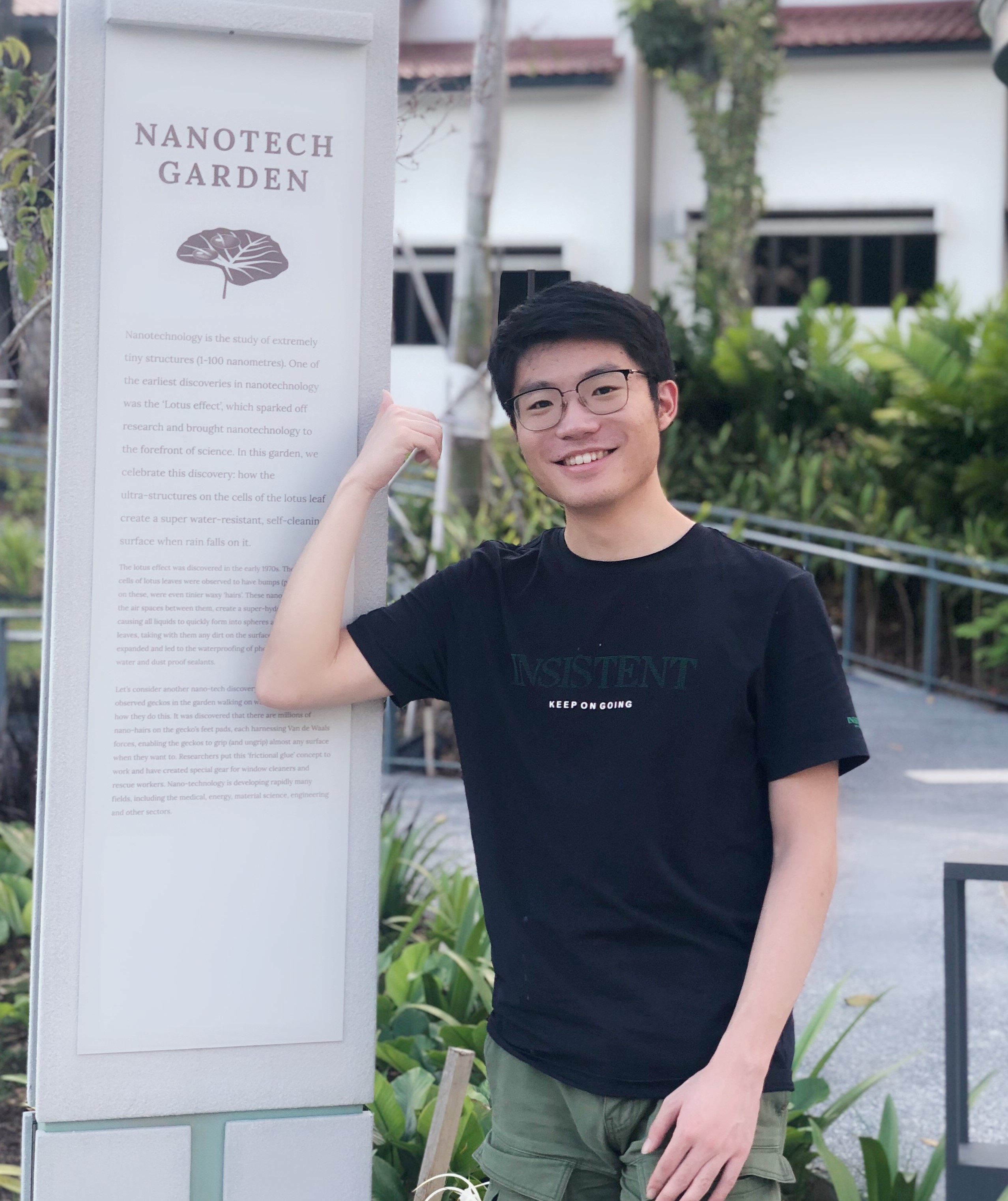
|
|
|
|
|
|
|
|
|
|
|
|
|
|
|
|
|
|
|
|
|
|
|
|
|
|
|
|
|
|
|
|
|
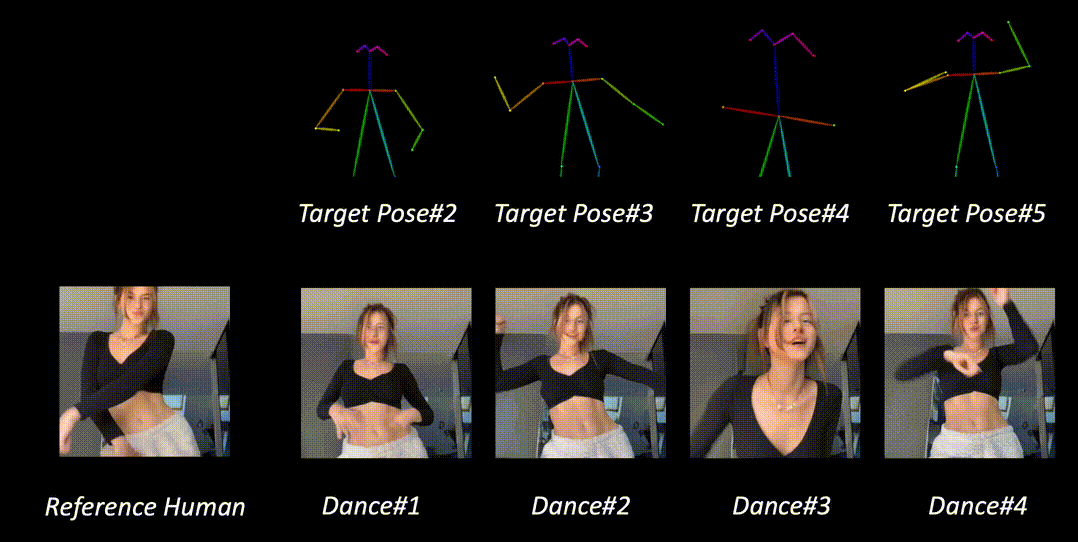
|
DisCo: Disentangled Control for Referring Human Dance Generation in Real World
Tan Wang*, Lindsey Li*, Kevin Lin*, Yuanhao Zhai, Chung-Ching Lin, Zhengyuan Yang, Hanwang Zhang, Zicheng Liu, Lijuan Wang IEEE International Conference on Computer Vision and Pattern Recognition, CVPR 2024 [Paperlink], [Code], [Project Page], [Demo], [Video] Area: Human-centric Generative Model, ControlNet We introduce DisCo, which includes a novel model architecture with disentangled control to improve the faithfulness and compositionality of dance synthesis, and an effective human attribute pre-training for better generalizability to unseen humans. |
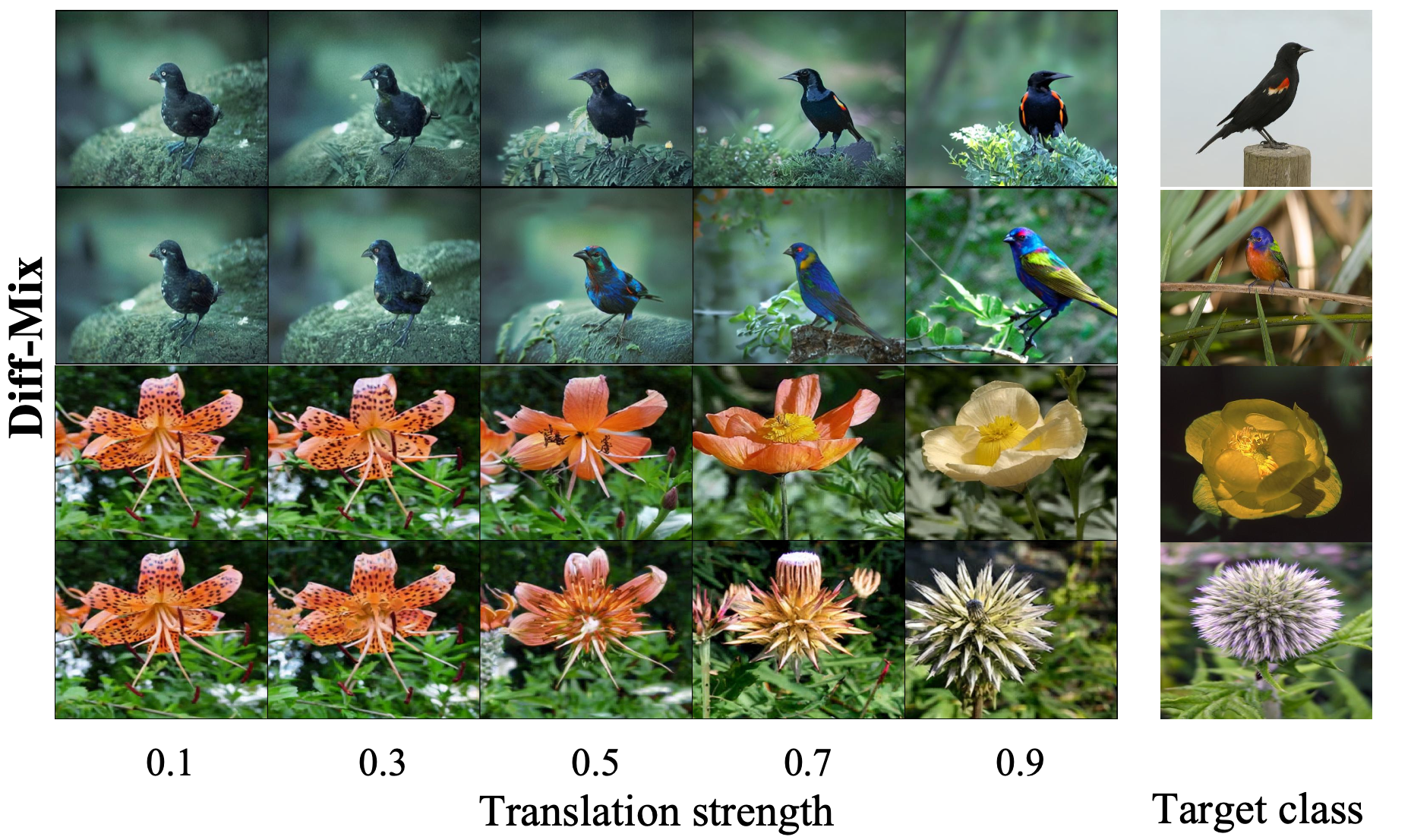
|
Enhance Image Classification Via Inter-Class Image Mixup With Diffusion Model
Zhicai Wang, Longhui Wei, Tan Wang, Heyu Chen, Yanbin Hao, Xiang Wang, Xiangnan He, Qi Tian IEEE International Conference on Computer Vision and Pattern Recognition, CVPR 2024 Area: Generative Model, Image Classification We propose a novel inter-class data augmentation method, Diff-Mix with diffusion model. Diff-Mix conduct image translation in an inter-class manner, significantly improving the diversity of synthetic data and maintain faithfulness well, resulting in a significant performance gain across various image classification settings. |
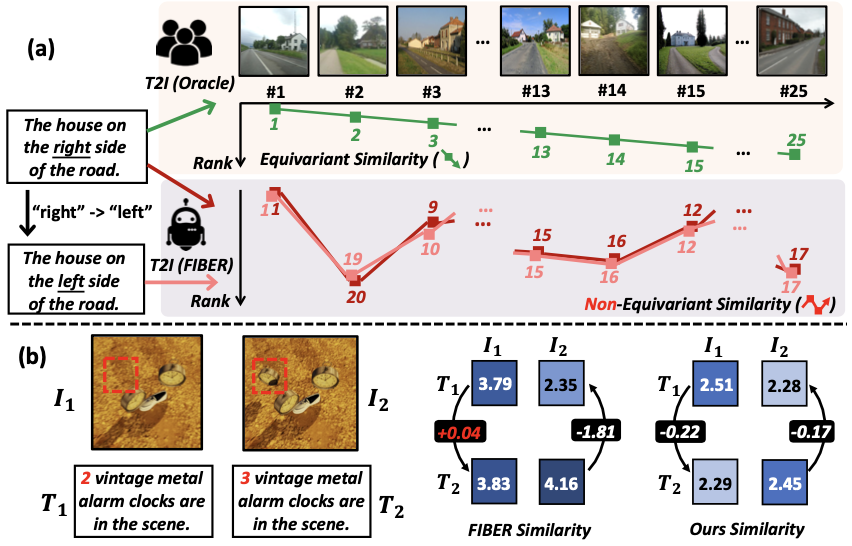
|
Equivariant Similarity for Vision-Language Foundation Models
Tan Wang, Kevin Lin, Lindsey Li, Chung-Ching Lin, Zhengyuan Yang, Hanwang Zhang, Zicheng Liu, Lijuan Wang IEEE International Conference on Computer Vision, ICCV 2023 (Oral) [Paperlink], [Slides], [Code], [Eval Page] Area: Vision-Langauge Model, Similarity Measure, New Benchmark This study explores the concept of equivariance for the similarity measure of vision-language models (VLMs). We propose a novel benchmark named EqBen (Equivariant Benchmark) to benchmark VLMs with visual-minimal change samples, and a plug-and-play regularization loss EqSim (Equivariant Similarity Learning) to improve the equivariance of current VLMs. |
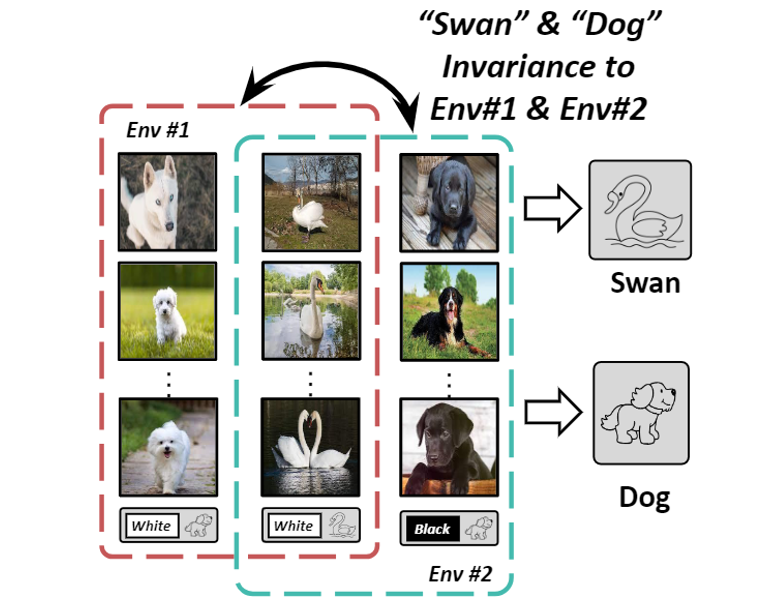
|
Equivariance and Invariance Inductive Bias for Learning from Insufficient Data Tan Wang, Qianru Sun, Sugiri Pranata, Karlekar Jayashree, Hanwang Zhang European Conference on Computer Vision, ECCV 2022 (Final Rating: 122) [Paperlink], [Code], [Poster], [Slides] Area: Efficient Learning, Visual Inductive Bias; OOD Generalization We show why insufficient data renders the model more easily biased to the limited training environment, and propose to impose two "good" inductive biases: equivariance and invariance for robust feature learning. |
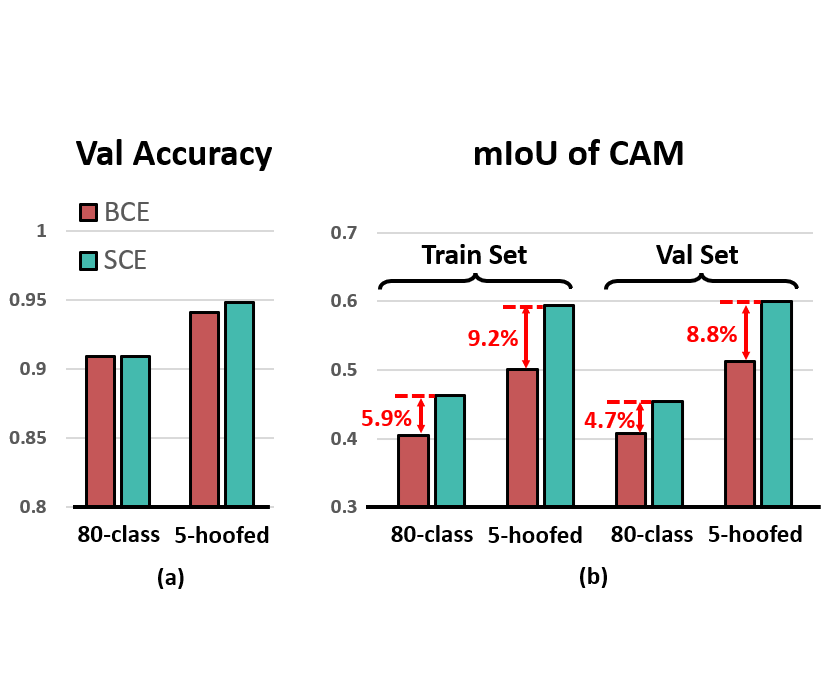
|
Class Re-Activation Maps for Weakly-Supervised Semantic Segmentation Zhaozheng Chen, Tan Wang, Xiongwei Wu, Xian-Sheng Hua, Hanwang Zhang, Qianru Sun IEEE International Conference on Computer Vision and Pattern Recognition, CVPR 2022 [Paperlink], [Code] Area: Weakly-Supervised Semantic Segmentation, CAM We introduce an embarrassingly simple yet surprisingly effective method: Reactivating the converged CAM with Binary Cross Entropy loss (BCE) by using softmax cross-entropy loss (SCE), dubbed ReCAM. |
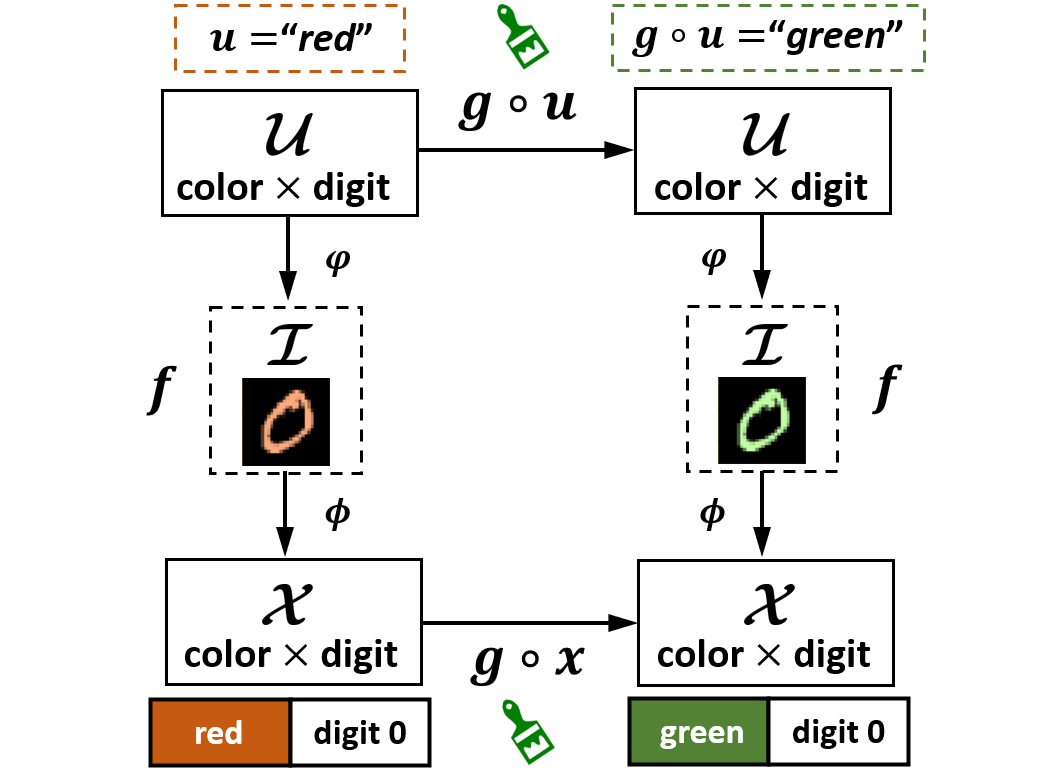
|
Self-Supervised Learning Disentangled Group Representation as Feature Tan Wang, Zhongqi Yue, Jianqiang Huang, Qianru Sun, Hanwang Zhang Conference and Workshop on Neural Information Processing Systems, NeurIPS 2021 (Spotlight Presentation, Top 3%); (2022 PREMIA Best Student Paper) [Paperlink], [Code], [Poster], [Slides], [知乎] Area: Self-supervised Representation Learning, Group Theory, Invariant Risk Minimization We presented an unsupervised disentangled representation learning method called IP-IRM, based on Self-Supervised Learning (SSL). IP-IRM iteratively partitions the dataset into semantic-related subsets, and learns a representation invariant across the subsets using SSL with an IRM loss. |

|
Causal Attention for Unbiased Visual Recognition Tan Wang, Chang Zhou, Qianru Sun, Hanwang Zhang, IEEE International Conference on Computer Vision, ICCV 2021 [Paperlink], [Code], [Poster], [Slides] Area: Invariant Risk Minimization, OOD Generalization We propose a causal attention module (CaaM) that self-annotates the confounders in unsupervised fashion. In particular, multiple CaaMs can be stacked and integrated in conventional attention CNN and self-attention Vision Transformer. |

|
Counterfactual Zero-Shot and Open-Set Visual Recognition Zhongqi Yue*, Tan Wang*, Hanwang Zhang, Qianru Sun, Xian-sheng Hua (* equal contribution) IEEE International Conference on Computer Vision and Pattern Recognition, CVPR 2021 [Paperlink], [Code], [知乎] Area: Counterfacual, Zero-shot Learning, Open-set Recognition We presented a novel counterfactual framework "Generative Causal Model" for Zero-Shot Learning (ZSL) and Open-Set Recognition (OSR) to provide a theoretical ground for balancing and improving the seen/unseen classification imbalance. |

|
Visual Commonsense R-CNN Tan Wang, Jianqiang Huang, Hanwang Zhang, Qianru Sun IEEE International Conference on Computer Vision and Pattern Recognition, CVPR 2020 [Paperlink], [Code], [知乎] Area: Visual and Language, Causal Reasoning, Self-supervised Learning In this paper, we present a novel un-/self-supervised feature representation learning method, Visual Commonsense Region-based Convolutional Neural Network (VC R-CNN), to serve as an improved visual region encoder for Vision & Language high-level tasks. |
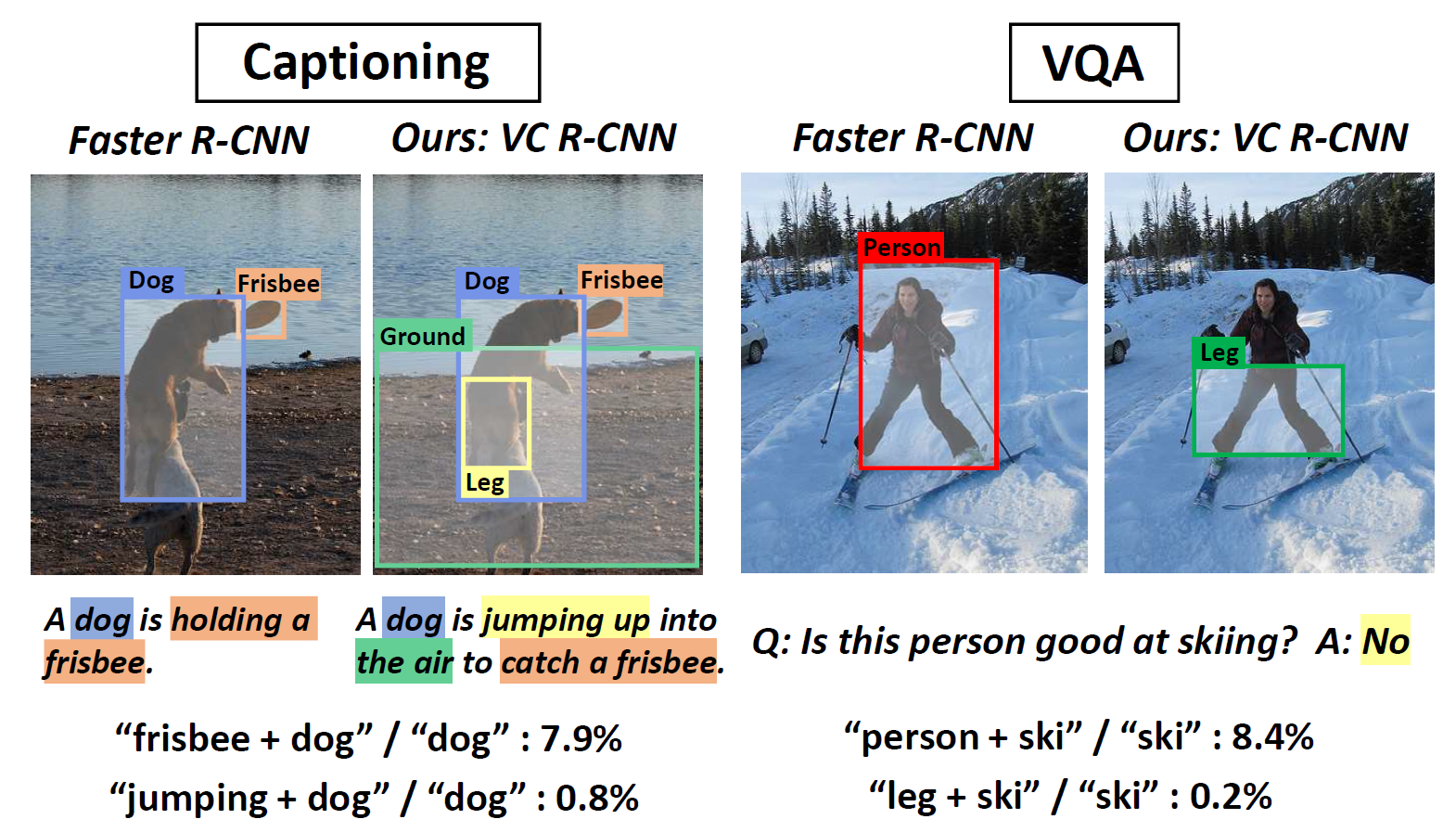
|
Visual Commonsense Representation Learning via Causal Inference (Abstact Version of VC R-CNN) Tan Wang, Jianqiang Huang, Hanwang Zhang, Qianru Sun IEEE International Conference on Computer Vision and Pattern Recognition MVM Workshop, CVPRW 2020 (Oral Presentation) [Paperlink], [Code], [知乎] Area: Visual and Language, Causal Reasoning, Self-supervised Learning |
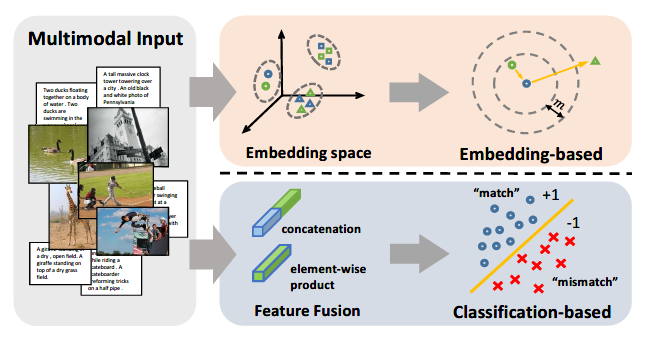
|
Matching Images and Text with Multi-modal Tensor Fusion and Re-ranking Tan Wang, Xing Xu, Yang Yang, Alan Hanjalic, Heng Tao Shen ACM International Conference on Multimedia, MM 2019 (Oral Presentation, 4.96% acceptance rate) [Paperlink], [Code] Area: Visual and Language, Image-text matching In this paper, we propose a novel framework for image-text matching that achieves remarkable matching performance with acceptable model complexity and much less time consuming. |
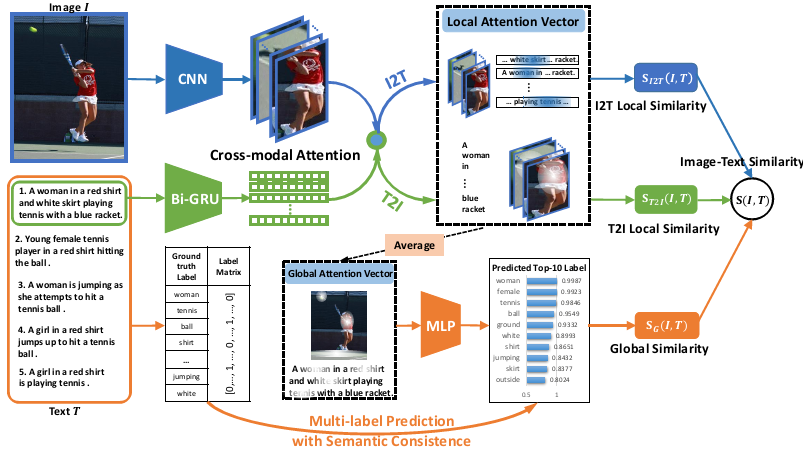
|
Cross-Modal Attention with Semantic Consistence for Image-Text Matching Xing Xu*, Tan Wang*, Yang Yang, Lin Zuo, Fumin Shen, Heng Tao Shen (* equal contribution) IEEE Transactions on Neural Networks and learning systems, TNNLS 2020 Area: Visual and Language, Image-text matching In this paper, we propose a novel hybrid matching approach named Cross-modal Attention with Semantic Consistence (CASC) for image-text matching, which is a joint framework that performs cross-modal attention for local alignment and multi-label prediction for global semantic consistence. |
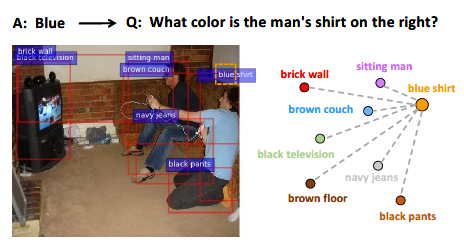
|
Radial Graph Convolutional Network for Visual Question Generation Xing Xu*, Tan Wang*, Yang Yang, Alan Hanjalic, Heng Tao Shen (* equal contribution) IEEE Transactions on Neural Networks and learning systems, TNNLS 2020 Area: Visual and Language, Image-text matching We propose an innovative answer-centric approach termed Radial Graph Convolutional Network (Radial-GCN) to focus on the relevant image regions only to reduce the complexity on VQG task. |
|
|
|
|
|
|
|
|
|
|

|
|
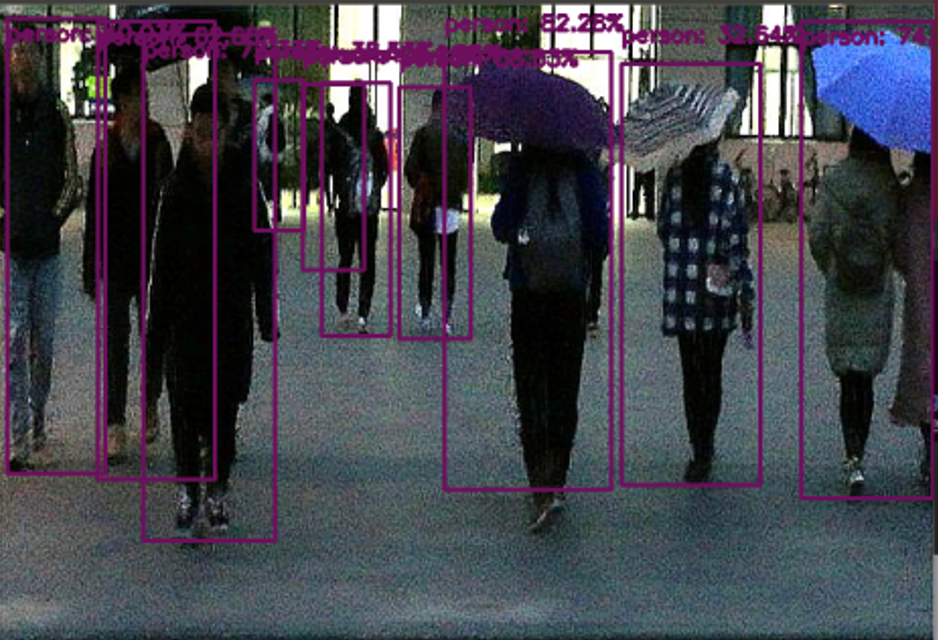 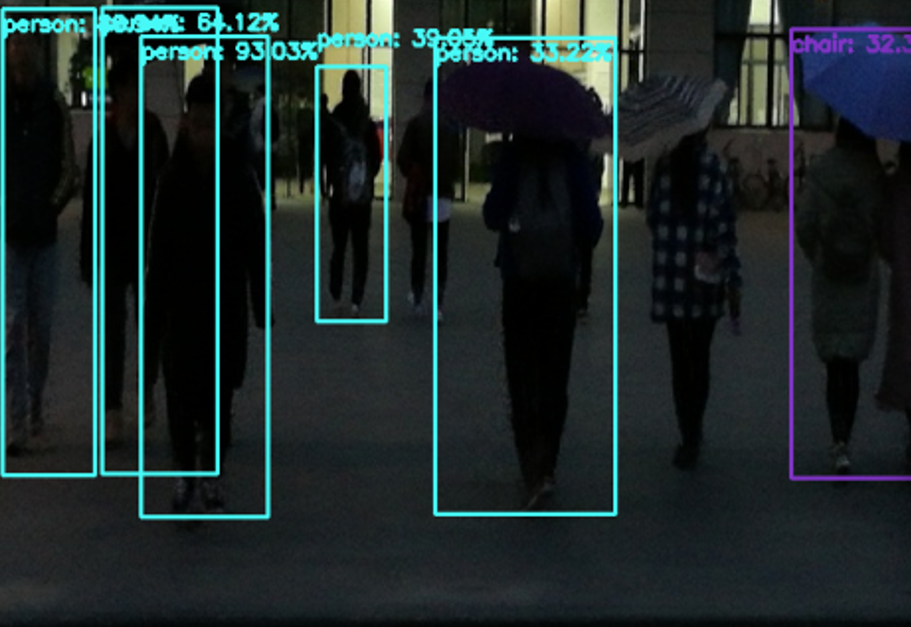
|
|
|
|
|
Last updated on Jul, 2023
This awesome template borrowed from this guy~
|
